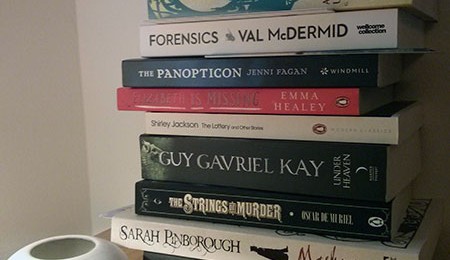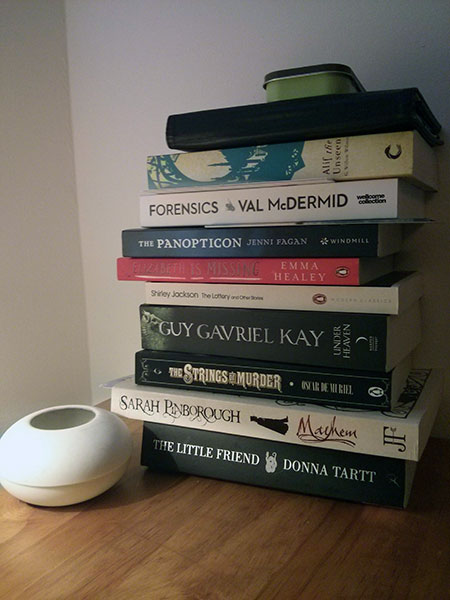This time next week, I’ll be in a classroom.
I’m having a lot of free time this summer and want to use it well. As well as setting deadlines and tasks for myself, I’ve signed up for a course in forensic psychology at University of Edinburgh, and an online course on science and cooking with Harvard. They’re very different types of courses, and I’m doing them for very different reasons.
When I’m not writing instructions or fiction, I write for Edinburgh Foody. I love food and am interested in its production as well as its consumption. Science & Cooking combines my professional and blogging interests rather neatly in what is essentially an introduction to chemistry and physics, as applied to food. I’ve read both subjects before but it was a while ago and I have forgotten most of it – including basic calculus – so this is a great way to re-acquaint myself with subjects, concepts and skills I have neglected. So far, so good. I’m learning a lot, both about chemistry and how online training works. I’m enjoying the experience. (I’ve never eaten so many eggs in my life.)
Education is never just for fun so there’s a purpose behind taking An Introduction to Forensic Psychology too. I’m hoping to learn things I can use when writing crime stories (and getting a great reading list with resources that I can turn to). No doubt, some of my colleagues will have similar ideas. The course should also, finger’s crossed, re-ignite my interest in the project in my drawer, the one I abandoned in favour of the project I just finished transcribing. Last week was the big read-through, you see. I had 100K words of drawer-project that I hadn’t looked at for over a year. Reading through it was interesting, and somewhat depressing. A new topic to learn about and give me ideas is just the thing to distract my brain enough that I don’t shred the thing.
Don’t let me shred the thing. Please.
This is my summer of learning. At the back of my mind, I’m playing with food and chemistry-based storylines. Next week, I’m hoping to add psychology to the mix and then we’ll see what starts brewing. A glorious mess?



